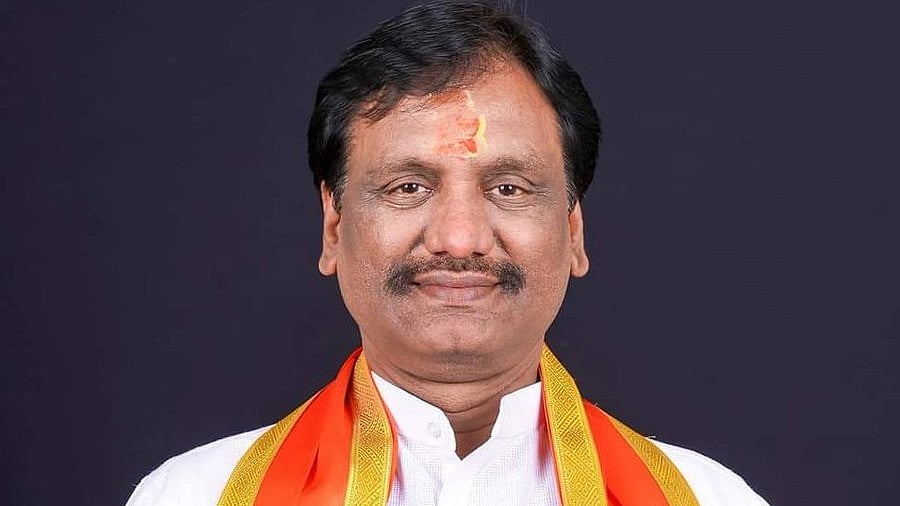Opposition leader Ambadas Danve has expressed concerns that implementing the “One Nation One Election” policy could lead to autocratic rule by a single party at the Centre. Danve has submitted objections to the Joint Committee on the “One Nation One Election” proposal and suggested amendments to address the issues.
According to Danve, implementing this bill would require significant amendments to several constitutional provisions, including Articles 83, 85, 174, 356, 75(3), and the Representation of the People Act, 1951. However, he warned that these constitutional changes might severely impact the federal structure of the country, regional representation, and democratic principles.
Danve pointed out that during the recent Lok Sabha elections, there was a lack of basic facilities at polling stations, with the system not being fully operational until 2 AM. Furthermore, the Maharashtra government recently informed the court that it is not possible to conduct district council and municipal corporation elections in a single phase. Danve argued that this admission from a progressive state like Maharashtra clearly indicates the challenges of implementing “One Nation One Election.”
He emphasized that Indian democracy thrives on diversity and that maintaining harmony, rather than uniformity, is essential. He urged the Joint Committee to consider these objections and conduct a comprehensive and federal-oriented review before proceeding.
Key Objections and Suggestions on the Bill:
1. Threat to Federalism:
India’s political system is based on federal principles, where each state requires an independent election cycle based on local social, economic, and political needs. Conducting simultaneous elections may drown out local issues amid national campaigns.
2. Impact on Local Autonomy:
Local self-government bodies such as gram panchayats, municipal councils, and municipal corporations provide citizens with the opportunity to express their aspirations through separate elections. The proposed “One Nation One Election” policy could indirectly undermine this autonomy.
3. Existential Crisis for Regional Parties:
Regional parties like the DMK, TMC, and BJD focus on local issues. Implementing “One Nation One Election” may boost the dominance of national parties in terms of media attention, funding, and campaigning, thereby weakening the platform of regional parties.
4. Reduced Voter Participation:
Frequent elections serve as crucial opportunities for voters to express their opinions. With “One Nation One Election,” there is a risk that the government could remain unaccountable for five years, reducing democratic responsibility.
